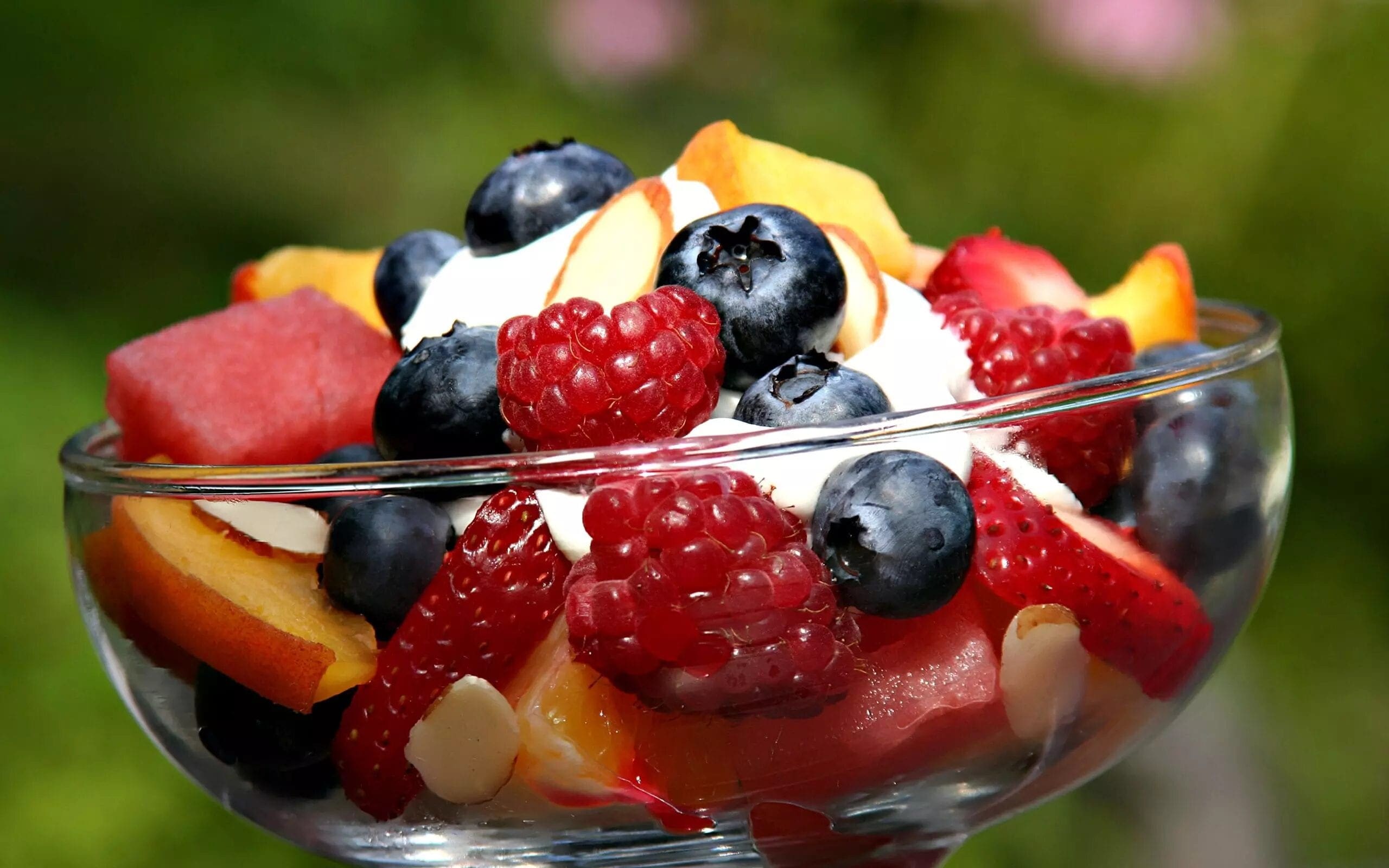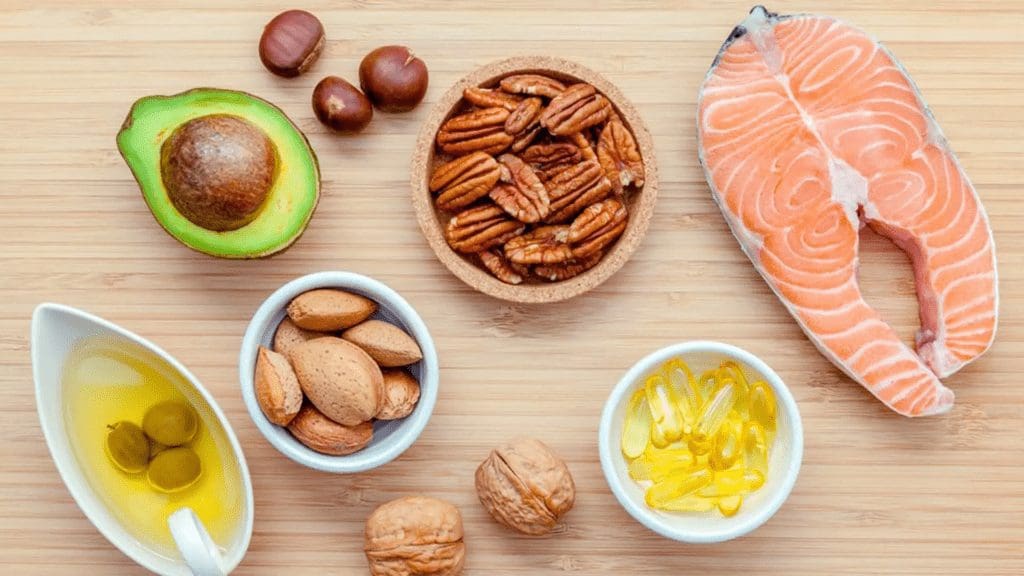Have you ever wondered how your body reacts to sugar?
Sugar, as much as we love it, can be a cause of many health issues such as chronic health problems or heart diseases. Not only can access sugar sabotage your weight loss, but it can also take over from the space that should be reserved healthy - nutritious.
How about some facts?
Despite all the warnings and signs, people often tend to overlook this fact. The amount of sugar per day for women should not exceed 24 grams (6 tsp) and for men 36 grams (9 tsp). While, currently, the average for both genders is about 73 grams (17.4 tsp) per day!
Have you ever wondered what happens to your body after overeating on sugar? Let's break it down...
Your Brain
Sugar triggers the release of dopamine (your happy hormone), so yes sugar provides temporary feelings of happiness, which however might become addictive. The more sugar you eat, the more you need to reach that same 'sugar high'.
Your Skin
Sugar increases inflammation in the body, when it comes to skin - it could appear as a skin conditions such as acne.
Your Liver, Pancreas, and Kidneys
Your liver converts the excess sugar into fat, which over time can lead to fatty liver disease - similar to what alcohol abusers may suffer. When it comes to the pancreas and kidneys, overdoing it with sugar can lead to diabetes and kidney failure.
Your Digestion
Too much of processed sugar can negatively influence your gut microbiome, and lead to poor digestion.
Your Blood
Refined sugar and too much of it can cause blood spikes - highs and lows, and eventually lead to chronic health problems.
How sugar works?
Any sugar you consume broks down into glucose and fructose.
Glucose: is a simple sugar (monosaccharide) and the main component of carbohydrates, which is the body’s preferred source of energy. Glucose gets directly absorbed into the bloodstream to be used as energy.
Fructose: known to be - fruit sugar, this particular sugar is processed in the liver, where it's converted into glucose so that it can be used as energy.
Other than fruits, fructose is also in added to processed foods (high-fructose corn syrup for example). The difference is that when eaten in a fruit form you're also consuming fiber and nutrients that help slow down the absorption and keep your blood sugar levels steady.
The Bottom Line?
Not all sugar is created equal. Sugar naturally occurs in foods like fruits, veggies, dairy products and grains. When consuming these whole foods, you also get plenty of nutrients, vitamins and minerals. This includes fiber, which helps slow digestion and maintains your sugar levels steady.
If you'd like to read more about sugar check those out:




